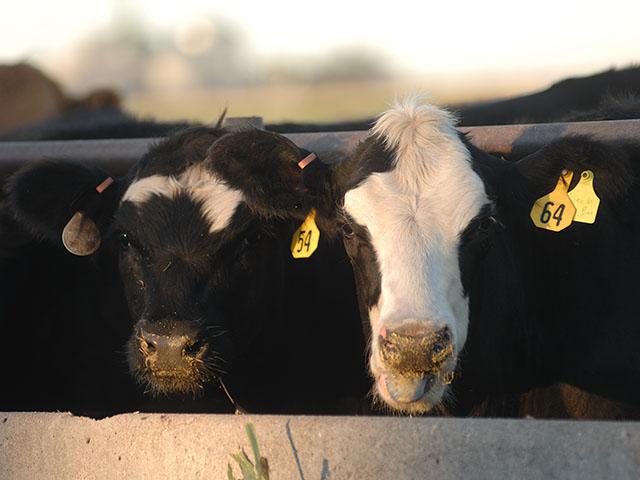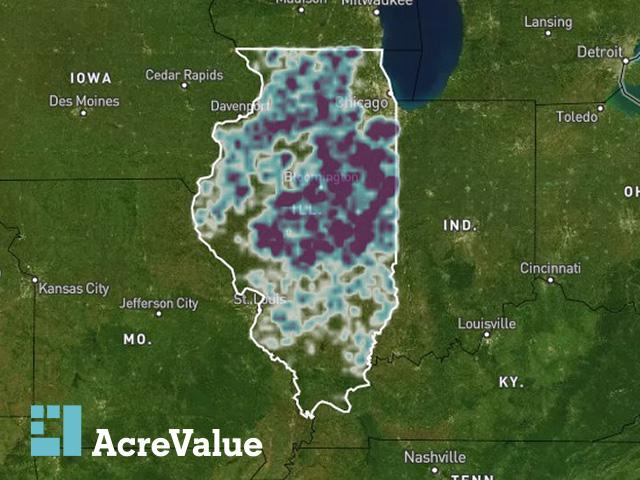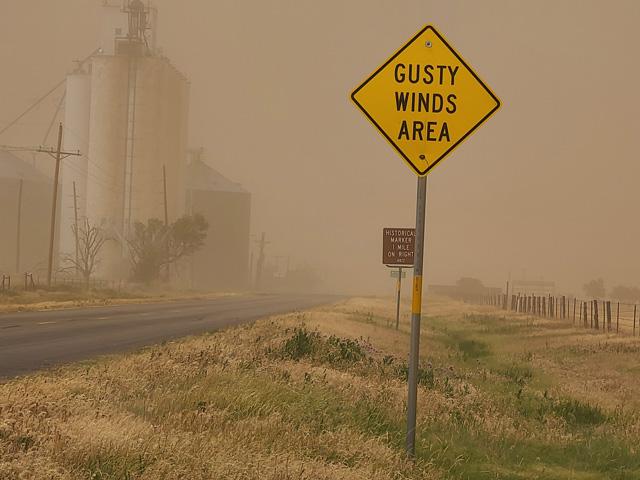
Commodities brokers advise farmers to develop disciplined grain marketing plans based on production costs, stick to price targets, seek professional guidance and utilize futures and options for effective risk management.

Commodities brokers advise farmers to develop disciplined grain marketing plans based on production costs, stick to price targets, seek professional guidance and utilize futures and options for effective risk management.

DTN's Senior Farm Business Editor Katie Dehlinger enjoys preparing prime rib for Christmas and she makes arguments for the emotional attachment and practical benefits of doing so.

Following a frustrating past year for marketing of 2024 and 2025 crops, time is quickly approaching to begin making plans for 2026-27, as well.

Unlike the 1980s when farmers could take off-farm jobs to survive tough times, today's $66K average salary won't even cover loan interest.

Success requires continuous improvement, and there's no better program than TEPAP. Applications for the week-long business bootcamp are due Oct. 31.

While farmers can't control weather, pests or markets, they can manage risk through equipment efficiency, crop protection, marketing strategies, and insurance options -- including innovative approaches like microcaptive insurance companies.

While more farmers are leaning on bank financing for 2025, others are finding it tough to stay in business. Farm banks are well-situated to support increased loan demand as capital levels and profitability grew in 2024.

Join Oklahoma State University Livestock Marketing Specialist Derrell Peel and DTN experts for an in-depth examination of cattle market dynamics, as well as what you can expect from weather and prices for the rest of the year.

Powerful winds whipped up planting season dust across the country during the weekend, prompting a dust storm warning in Chicago, which has not seen one of such magnitude since 1934.

Global tensions and trade wars rise as geopolitics, markets, and environmental factors create uncertainty for farmers. Developing value-added products and new markets may offer solutions.

During low-margin years, farmers should consider carefully four main areas to maintain a strong financial position.

The Economic Research Service's third reading of net farm incomes is lower than 2023, but the decline is softer than initially forecast due to better-than-expected production expenses.

Living on the family farm or ranch can be challenging. Surviving through the changes in agriculture can lead to a change in what legacy means to each person.

Fuel and fertilizer prices are expected to soften for the 2025 growing season, but projected corn and soybean returns remain negative for 2025.

The U.S. Court of Appeals for the 10th Circuit last month rejected appeals filed by attorneys who represented farmers in the Syngenta corn settlement. The attorneys for years have been contesting court allocations of compensation for legal fees in the case.

On Friday, June 14, DTN will host a webinar examining the cattle market's long-term outlook and how producers can use livestock risk protection insurance to protect their business from downside market risk.

While rain may slow the national planting pace, some growers will get a few windows of opportunity. Anxiety about U.S. planting and Brazilian flooding has changed the market trend.

Farmland analytics company AcreValue simplifies land research by making title records easy to search and weaving them together to show broader trends.

A dust storm shut down an Illinois interstate Tuesday, just about a year after a tragic accident caused by blowing dust killed eight. Rain is on the way and research is underway to determine factors contributing to these Midwestern dust-ups.

Collaboration conversations between CHS and Growmark, two of the nation's largest farmer-owned cooperatives, have concluded. No new opportunities will be pursued at this time.
DIM[2x3] LBL[blogs-minding-ags-business-list] SEL[[data-native-ad-target=articleList]] IDX[2] TMPL[news] T[]
DIM[2x3] LBL[blogs-minding-ags-business-list-2] SEL[[data-native-ad-target=articleList]] IDX[5] TMPL[news] T[]